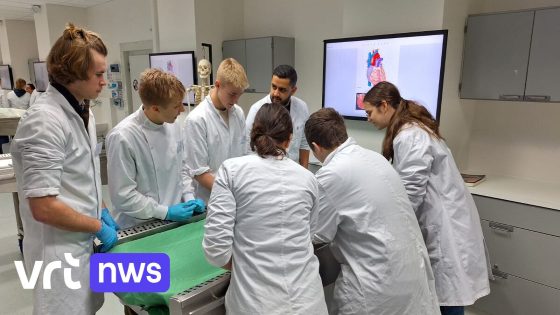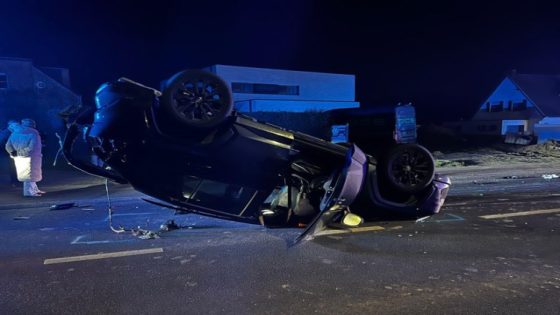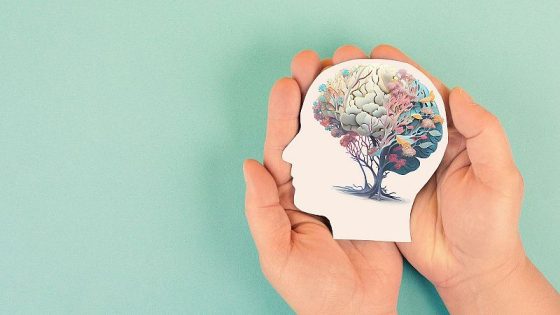In 2024, nearly 500 bodies were donated to Flemish universities, including the Vrije Universiteit Brussel. This stable figure of 63 donations mirrors last year’s numbers. How do these donations impact scientific research and education?
- Vrije Universiteit Brussel sees stable donation numbers.
- 63 bodies donated in 2024, same as 2023.
- Donations ensure student program functionality.
- More donations needed for scientific research.
- Natural death qualifies for body donation.
- COVID-19 deaths not accepted for donation.
The Importance of Body Donations for Scientific Research in Belgium
Why are body donations vital for universities? They play a crucial role in training future medical professionals and advancing scientific knowledge. The Vrije Universiteit Brussel emphasizes that while current donation levels suffice for student training, additional contributions would enhance research opportunities.
Eligibility Criteria for Donating Your Body in Belgium
If you’re considering donating your body after death, it’s important to know the eligibility criteria. Anyone who has died a natural death can be considered for donation. However, those with certain health conditions or who have died from infectious diseases cannot be accepted.
Who Can Donate Their Body?
The following groups are eligible for body donation:
- Individuals who passed away due to natural causes
- Those with prior health issues like hip prostheses
- People without infectious disease-related deaths
- Anyone wishing to contribute to medical science
The Impact of Body Donations on Medical Education
Body donations significantly influence how medical students learn anatomy and surgical techniques. Without these resources, training would lack realism and depth. By understanding human anatomy firsthand, students become better prepared for their future roles as healthcare providers.
A Call to Action: Consider Donating Your Body
If you’re interested in making a difference after your passing, consider registering as a donor. Not only does this support educational institutions but it also contributes to advancements in healthcare that can save lives.

































